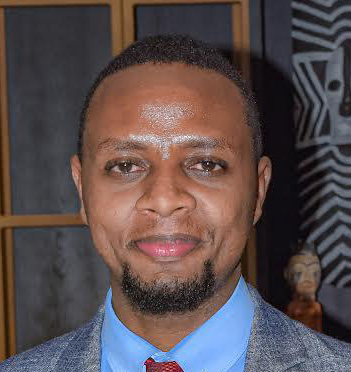As the region continues to grapple with conflicts, there is a need to build capacity for upcoming law students, particularly those focusing on international humanitarian law and human rights to be able to contribute to addressing existing problems.

As the region continues to grapple with conflicts, there is a need to build capacity for upcoming law students, particularly those focusing on international humanitarian law and human rights to be able to contribute to addressing existing problems.
This was highlighted yesterday during the opening of the 5th edition of Great Lakes Regional Training in international humanitarian law and human rights organised by local organisation Initiatives for Peace and Human Rights, also known as iPeace.
Speaking during the event, Elvis Mbembe, the president and chief executive of iPeace, said that countries in the region should place more focus on training people who can be able to deal with current conflicts.
"Our region has been a conflict zone since the 1990’s and we thought it would be critical equipping our students with necessary knowledge and skills that can help them when they become judges, lawyers or even prosecutors,” he said.
The week-long training has brought together students from different countries including Kenya, Rwanda, Burundi, Democratic Republic of Congo and Uganda, as well as experts from Switzerland, Netherlands, France and Canada.
International Humanitarian Law which is a branch of international law that seeks to limit the effects of armed conflict by protecting persons who are not participating in hostilities, is not a commonly pursued area in the region.
The training, therefore, will provide an opportunity for law students to learn more about how international law regulates armed conflicts, protects individuals in wartime, and guarantees minimum compliance.
"The first objective is to build capacity of law students and their lecturers from Great Lakes region, but also foster social cohesion and peace building among the young people most of whom are likely to become victims of conflicts,” Dr. Mbembe noted.
He added that with ongoing conflicts in Congo, Burundi, South Sudan and others, young people are sometimes manipulated to take part in conflicts, and that it is critical to bring together youth from all over the region to deliberate on their role and responsibilities.
Over 70 students are convening at the event, which will also feature a competition in which law students from 24 universities will compete.
Doreen Kazarwa, a fourth year law student from University of Kigali, said they have high hopes that the training will leave them with basic knowledge about international humanitarian law and human rights, at the same facilitate them to build networks that will enable them collaborate in addressing issues faced by the region.
On the other hand, Goody Tonnel, another participant from Kenya, said that fields related to international humanitarian law and human rights are not pursued, and that these series of trainings help inspire students to pursue them.
According to the survey conducted by iPeace, of all the people attended the four previous events, about 35 students took courses related to international humanitarian law and human rights.


